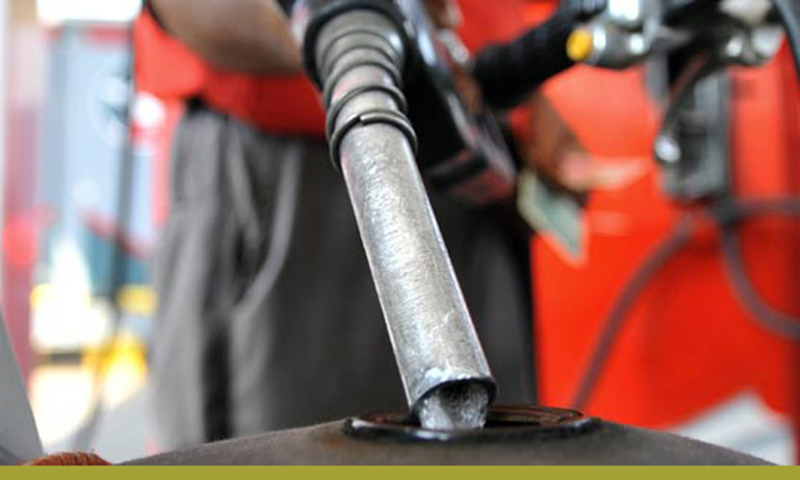Economy
Interest Rate Cut Drags as Fuel Scarcity Lingers –Report

- Interest Rate Cut Drags as Fuel Scarcity Lingers –Report
Hopes for Nigeria’s first rate cut since 2015 dimmed as higher fuel costs in January countered a drop in food prices and kept inflation well outside the Central Bank of Nigeria’s target.
The nation’s consumer-inflation rate fell for a 12th straight month in January, reaching 15.1 per cent as food-price growth decelerated, the National Bureau of Statistics said in an emailed report on Wednesday.
While that matched the median estimate in a Bloomberg survey, it’s far outside the target band of six per cent to nine per cent, according to a Bloomberg report.
The CBN has kept the key rate at a record-high of 14 per cent since July 2016, trying to balance attempts to bring down inflation with boosting the economy.
The Federal Government is looking at lower borrowing costs and increased public spending to spur activity and help the economy recover fully.
The pump prices of fuel surged by 28 per cent to N191 ($0.53) a litre (0.3 gallon) in January from a year earlier, the NBS said.
Its data include unofficial prices that were above the government’s current cap of N145 a litre. Despite pumping 1.8 million barrels a day of crude, Nigeria has to import almost all its fuel because of the decrepit state of the refineries.
“If the fuel issue is not contained in the next two to three months, we might see the inflation rate beginning to rise again,” Ogho Okiti, the chief executive officer of Abuja-based Time Economics Limited, said.
“Outside Abuja and Lagos, fuel is much higher than the official cap. Price increases for fuel feed into transport, and price increases in transport feed into everything else.”
It’s not yet certain though if the Monetary Policy Committee will hold a scheduled meeting in March, after it failed to meet in January because it lacked of quorum.
The National Assembly refused to confirm new members to the MPC amid a political rift between them and President Muhammadu Buhari’s administration.
Meanwhile, the naira closed flat at 363 per United States dollar at the parallel market on Wednesday.
The local unit has been closing at 363/dollar in the past one week.
The CBN sold N176bn ($576m) worth of treasury bills at an auction on Wednesday, traders said.
The CBN offered N6bn of three-month paper, N30bn of six-month bills and N140bn of one-year notes, Reuters reported.